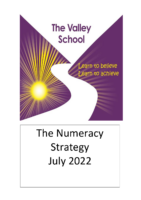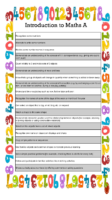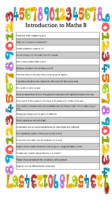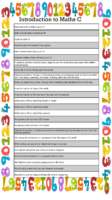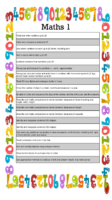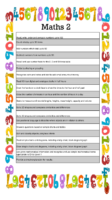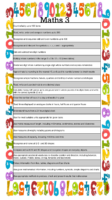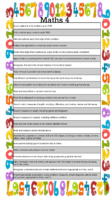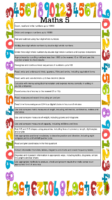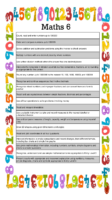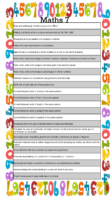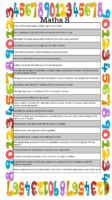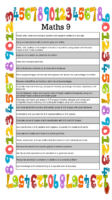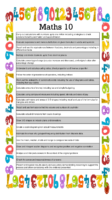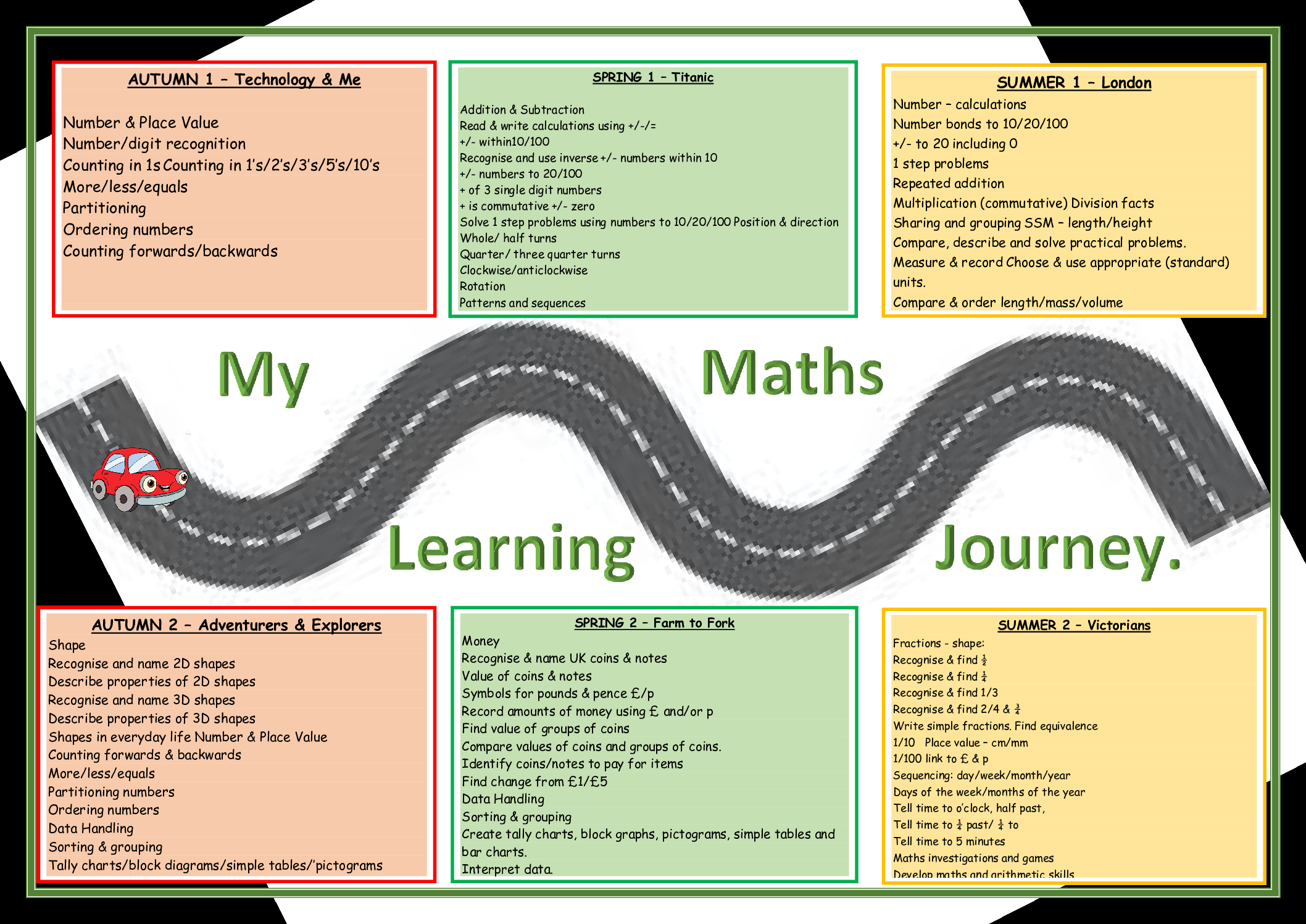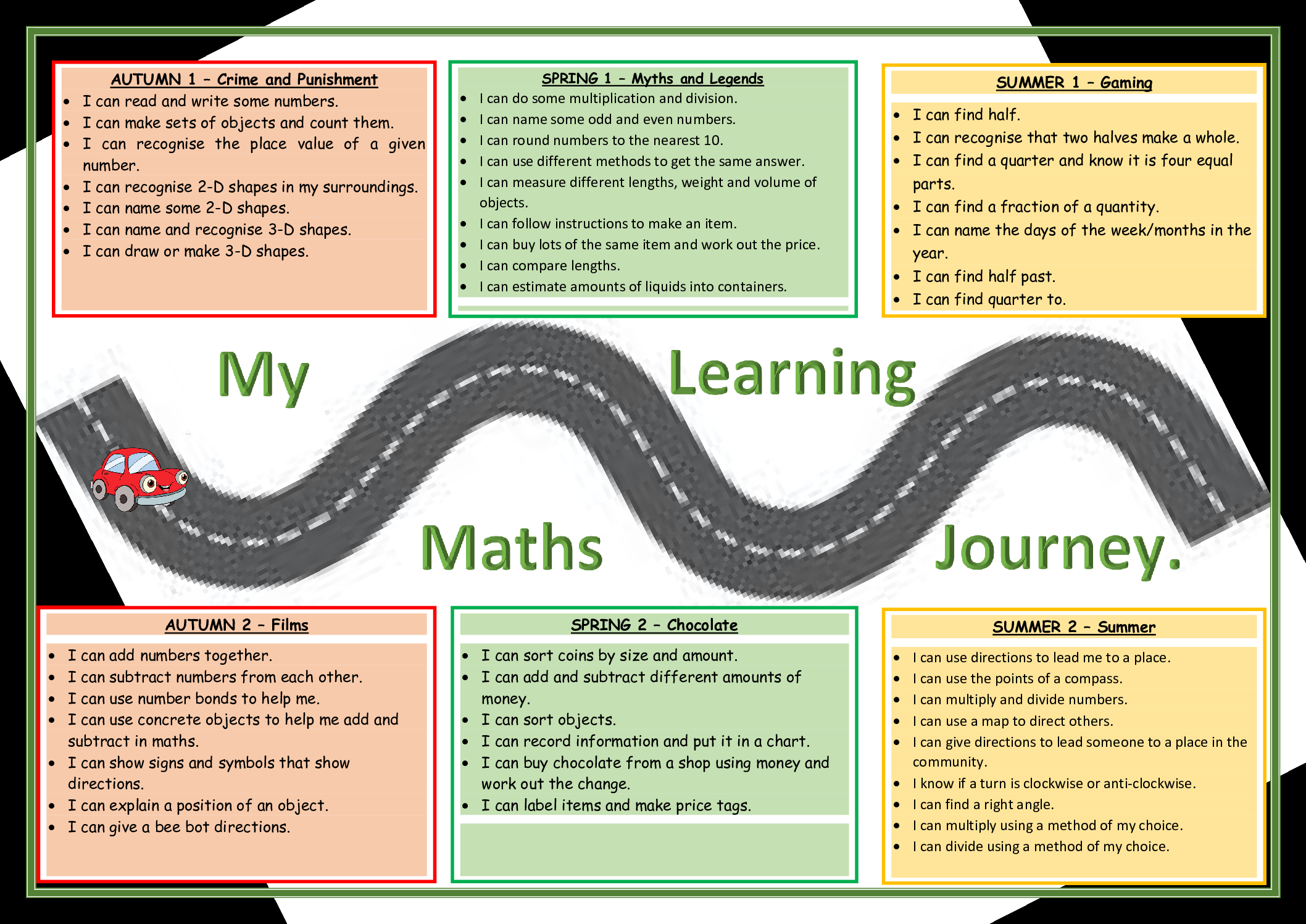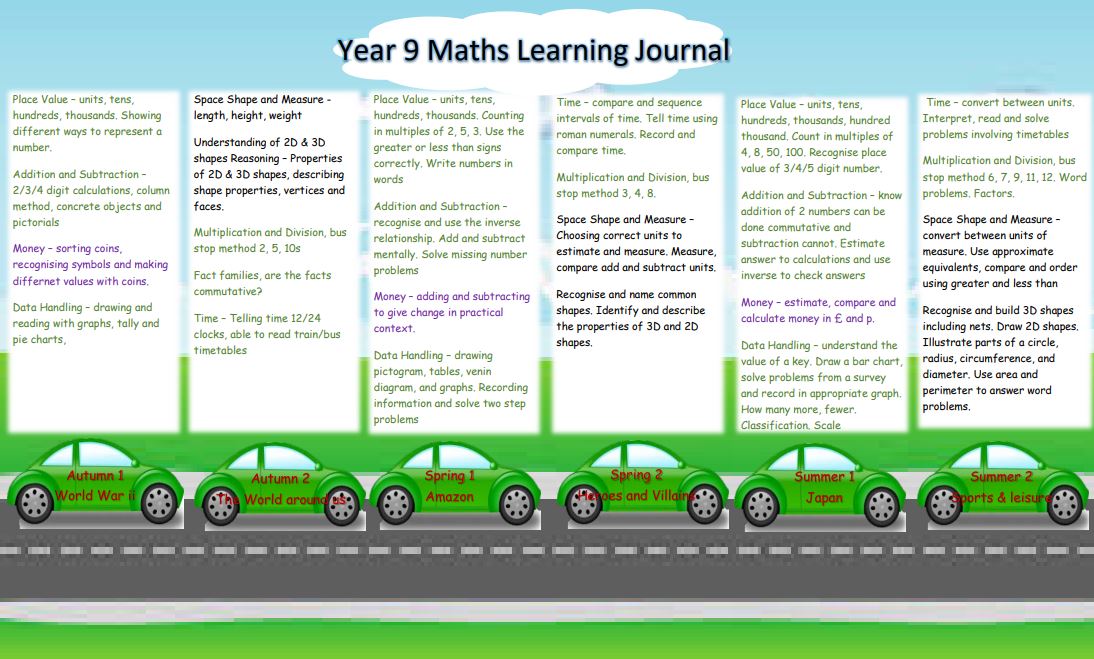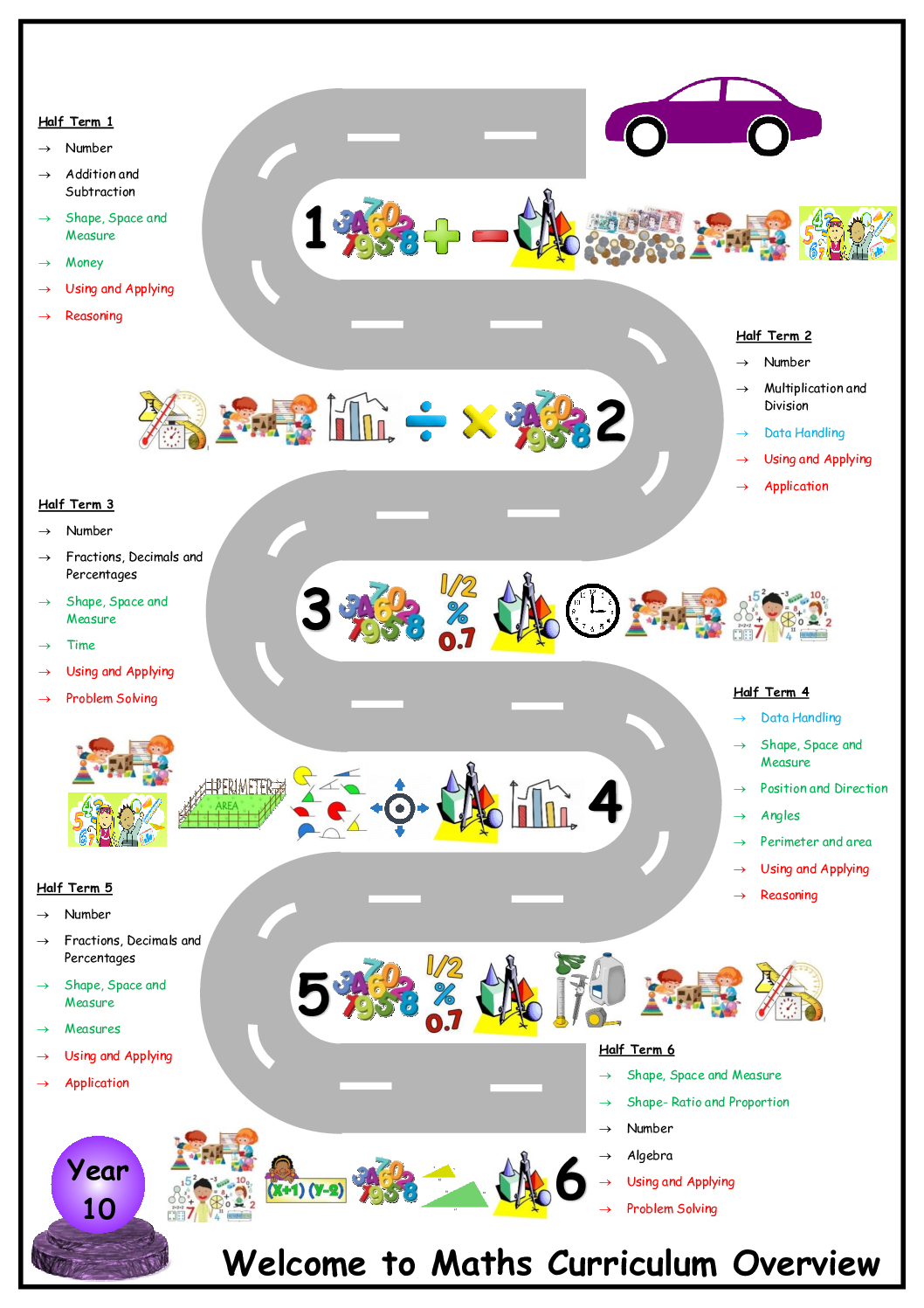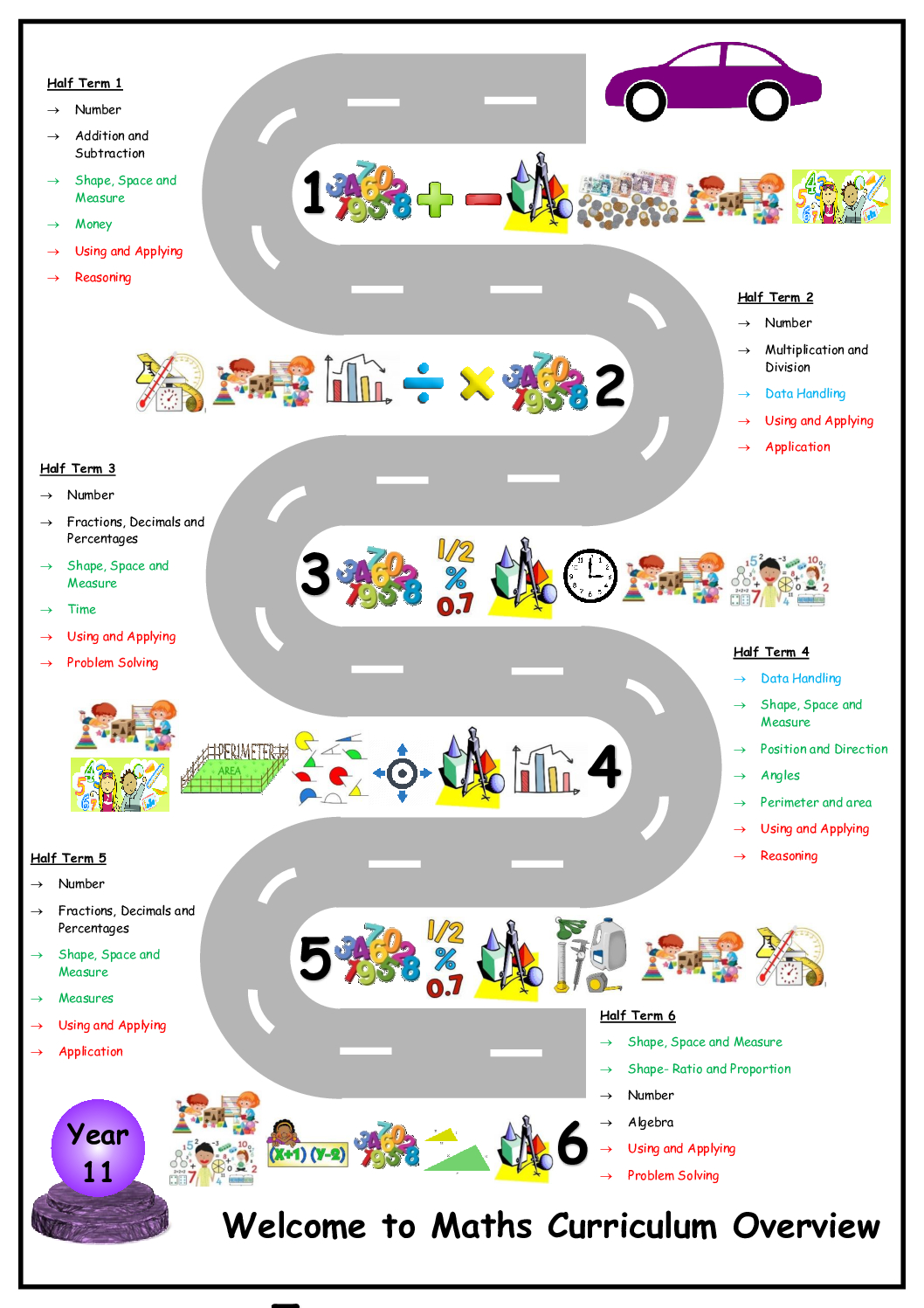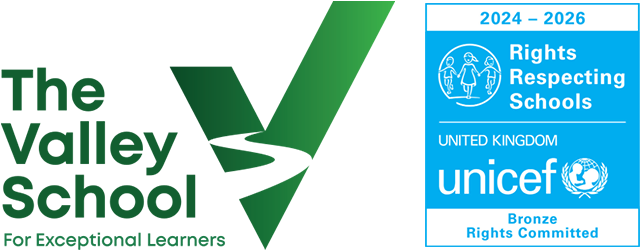Intent – What are we aiming to achieve through our curriculum?
- For all students to develop into confident and competent mathematical thinkers that can apply their mathematical knowledge to a range of challenging situations.
- Develop a positive and confident attitude to mathematics, enjoy mathematics and reach their full potential as mathematicians.
- Present an environment where all students can learn Maths to the best of their ability and where all students’ needs are addressed positively and sensitively.
- Offer a variety of approaches to teaching and learning to engage and motivate students, encouraging their active participation in Maths.
- Provide students with techniques so that they can investigate and solve problems in school Maths and other curricular areas.
- Encourage resilience, perseverance and an acceptance that struggle is often a necessary step in learning.
- Develop and extend a student’s ability to express themselves clearly; to reason logically and to be able to generalise.
- Build a student’s confidence in their own ability and develop mathematical skills for their usefulness and applicability in the real world.
- Develop mathematical knowledge and oral, written and practical skill that encourages confidence and enjoyment.
- Utilise students’ interests and popular current events in the world to stimulate learning.
- Set realistic yet challenging targets, with high expectations for all students.
- Give each student a chance to believe in themselves as mathematicians.
- To ensure all students leave The Valley School with a Maths qualification which reflects the best of their ability.
Implementation – How are we delivering our curriculum?
- Students have full access to the Maths National Curriculum which is adapted to meet students’ learning needs and styles.
- It caters for the needs of all individuals and sets them up with the necessary skills and knowledge for them to become successful in their future adventures.
- The Maths curriculum is designed to be challenging and appropriate to each student’s stage of development.
- The Maths Curriculum offers opportunities for cross-curricular learning, to ensure students make significant personal development and relevant links to real life situations.
- Methods are modelled and students are encouraged to use appropriate speaking and listening skills to interact with one another and extend and reflect on their responses;
- Students understanding is extended by focused questioning and discussion;
- Students’ are encouraged to explain their reasoning of a problem and use a range of problem solving skills;
- Calculators and other ICT resources are used effectively to solve problems
- Students’ skills are developed in handling information effectively and using the internet appropriately as a learning tool to find things out, develop ideas and exchange and share information.
- The Maths curriculum is designed to build and expand on previous skills and subject knowledge, over a 5-year period. It also plans for opportunities for repetition to embed knowledge, increasing the chance of information recall and to integrate new knowledge into larger ideas.
- We offer a wide range of qualifications in Maths, which are selected to appropriately challenge, based on each student’s stage of development, including:
- Maths (GCSE)
- Maths (Entry Level)
- Maths Functional Skills (Level 1 and 2)
- Non-Qualification Maths Units for learners below Entry Level
- All classes have a maximum of 12 students per class to ensure there is a high level of support available from the teacher and Learning Partner;
Interventions may include:
- Specific targeted numeracy small group activities run outside the classroom. These will be limited to a number of weeks to minimise disruption to the regular curriculum;
- Termly numeracy targets;
- Maths parent-student workshops delivered every year to enable parents to best support their child and work in partnership with the school.
Assessment
Our bespoke Flight Path is used to track the progress of students in Maths and determine expected outcomes from different starting points.
Maths teachers use a range of formative and summative assessment procedures to assess progress and attainment, including:
- Daily marking;
- Verbal feedback;
- Self/peer assessment;
- Age assessment tasks;
- MyMaths;
- Informal/formal examinations
Impact – What difference is the curriculum making to our pupils?
- Students understand the relevance and importance of what they are learning in relation to real life concepts.
- They will have a deeper understanding of mathematics, develop lifelong transferable skills and are able to use their Mathematical skills to solve real life problems.
- Numeracy is embedded across the school and feeds into other subjects. Excellent progress in Maths has a significant benefit for students in other subjects.
- The vast majority of students leave The Valley School with at least one formally recognised Maths qualification.
- Many students join mainstream colleges/sixth forms at post-16 where they study a range of different qualifications and subjects following excellent progress from their starting points in Maths and following successful completion of the Maths GCSE, Entry Level or Functional Skills qualifications.
- Students are well-prepared for the next stage of their education.
- Functional skills and life-skills are embedded throughout the Maths curriculum and are personalised for each student. This supports students to make the step to post-16 provision and meets their needs when entering the world of work.
Information
Key Stage 3 Learning Journey
Year 7
Year 8
Year 9
Key Stage 4 Learning Journey
Year 10
Year 11



